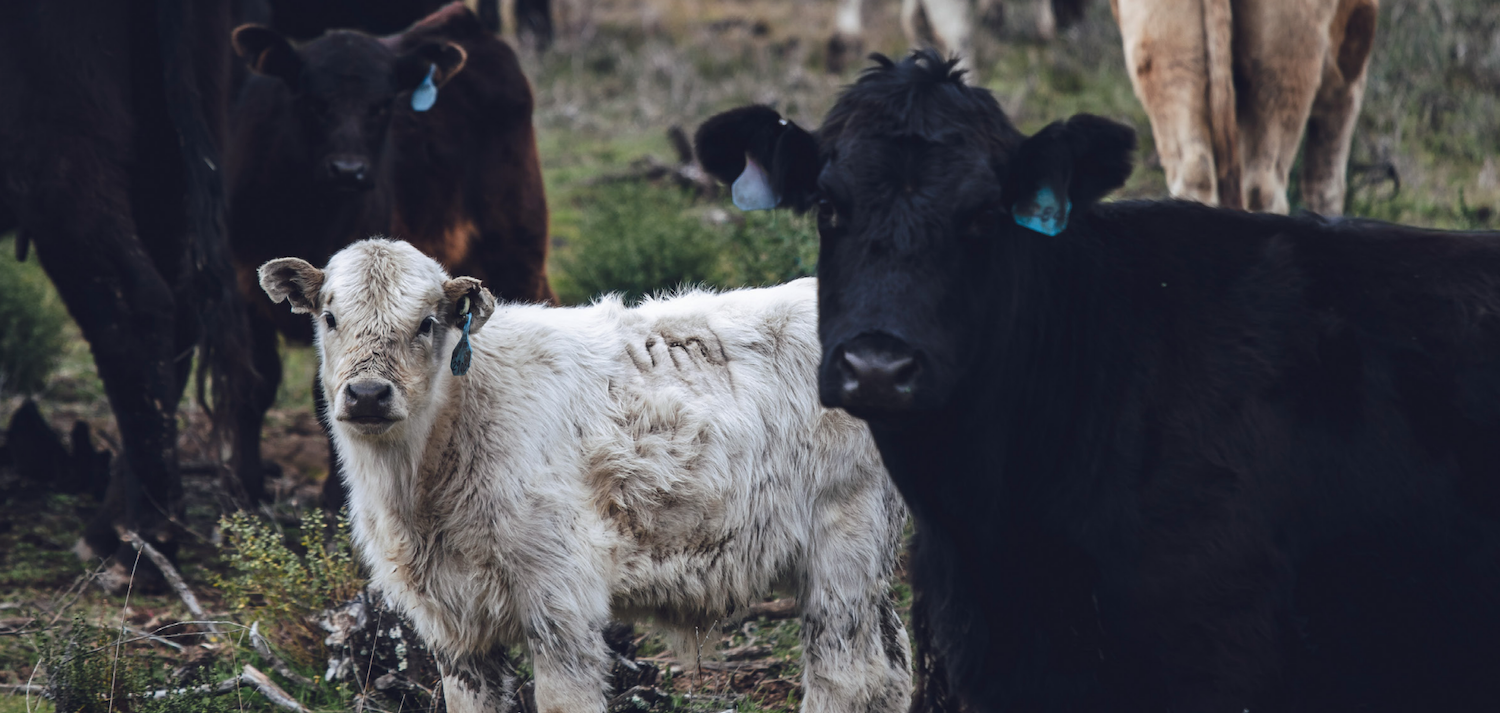Latest Resources

3 September 2024
‘Black Box’ Biotechnology – Integration of artificial intelligence with synthetic biology
Addressing the risks, hype, and inequities underpinning generative biology Haga clic aquí para la versión en español. Cliquez ici pour la version française. The African Centre for Biodiversity (ACB), together with Third World Network (TWN) and ETC Group, have produced a timely briefing paper ahead of the 16th meeting of the Conference of the Parties […]

2 August 2024
The decline of FISPs in Malawi – debt, corruption and hunger
What future for smallholder farmers and realising agroecology?

18 July 2024
Is Zambia’s food system collapsing?
Zambia’s collapsed food system: never-ending debt, climate shocks, biodiversity loss and FISPs – the indispensability of transitioning to agroecology In this briefing, we look at how Zambia is facing a gathering food crisis of serious proportions. Amidst repeated droughts and floods, energy rationing, and shortages of drinkable water, food prices are rising and millions are at risk […]

9 July 2024
Agricultural policy reform in South Africa
Addressing animal welfare within a just, agroecological food systems transition This discussion document, written by Linzi Lewis on behalf of Humane World for Animals, South Africa (SA), highlights the need for greater attention to be given to industrial animal agriculture. As one of the major drivers of current socio-ecological crises, it demands further consideration within […]

14 May 2024
ACB’s legacy podcast: celebrating 20 years of resistance against GMOs in Africa
This legacy series provides an opportunity to reflect on and celebrate the past two decades of ACB’s advocacy and activism, with a particular focus on resisting the introduction of genetically modified organisms (GMOs) into our agricultural and food systems in Africa. Our first podcast in the series is hosted by ACB Research and Advocacy Officer […]

10 May 2024
Expansion of gene drive mosquito projects in Africa
International and national biosafety regulations are urgently needed, including the right to say no By Sabrina Masinjila, African Centre for Biodiversity (ACB) research and advocacy officer Masinjila can be seen making a statement on behalf of the Convention of Biological Diversity Alliance (CBDA), calling for Parties to support the ongoing work of the Multidisciplinary Ad […]

7 December 2023
Call on South Africa to deregister agrotoxin 2,4-D
Dear friends and colleagues, The ACB, supported by 18 organisations/networks in South Africa, has made a substantive submission to the Registrar of the Fertilizers, Farm Feeds, Seeds and Remedies Act 36 of 1947 (commonly referred to as Act 36), to institute a review in terms of section 4 of the Act 36, into the continued […]

5 December 2023
Draft Plant Breeders’ Rights and Plant Improvement Act Regulations
Further comments submitted by the African Centre for Biodiversity (ACB). In November, the Department of Agriculture, Land Reform and Rural Development (DALRRD) hosted stakeholder consultations in Pretoria and Cape Town on the regulations of the Plant Breeders’ Rights (PBR) and Plant Improvement (PI) Acts. The ACB was quick to accept the invitation to attend both […]

19 September 2023
Financialisation, dematerialisation, digitalisation & distancing of Africa’s agriculture
What future for small-scale farmers and their food and seed systems? Following on from part one, The rise of digital agriculture and dispossession in Africa: implications for smallholder farmers, part two looks at how private-sector interests and motives are driving the financialisation of Africa’s food and farming systems. Financialisation is the focus on generation of […]

30 August 2023
The rise of digital agriculture and dispossession in Africa: implications for smallholder farmers
In part one in a series of two, consisting of a briefing paper and linked fact sheet, we explore the current status of digital agriculture in Africa and the potential implications its deployment has for smallholder farmers on the continent. We outline three primary areas of concern related to potential inequitable benefits and influence accrued from its deployment; […]
